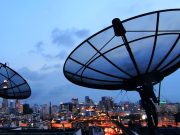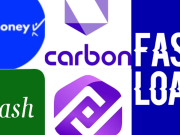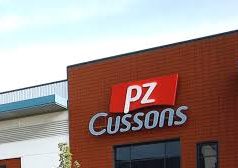Nigeria’s inflation rate climbed to 32.70% in September 2024, marking a slight increase from the previous month’s rate of 32.15%. This rise is primarily attributed to a significant hike in the price of petrol.
The World Bank had anticipated this increase in inflation, citing the government’s decision to implement market-based pricing for gasoline as a major contributing factor. The move tripled gasoline prices in May 2023 and led to a further 40-45% rise in September 2024.
The increase in fuel prices has had a ripple effect on various sectors of the economy, pushing up the prices of goods and services across the country. This has contributed to the overall rise in inflation.
Food prices continue to be a major driver of inflation, with the food inflation rate climbing to 37.77% in September 2024. This is a significant increase from the 30.64% recorded in the same period last year.
The National Bureau of Statistics (NBS) reported that inflation is more pronounced in urban areas compared to rural regions. Urban inflation rose to 35.13% in September 2024, while rural inflation reached 30.49%.
The Central Bank of Nigeria (CBN) has raised interest rates to combat inflation, but this decision has faced criticism from some experts who believe it may hinder economic growth. The CBN argues that the rising inflation rate necessitates tighter monetary policies.
The government is grappling with the challenges of inflation and is taking steps to address the underlying factors contributing to the rising cost of living in Nigeria.

























